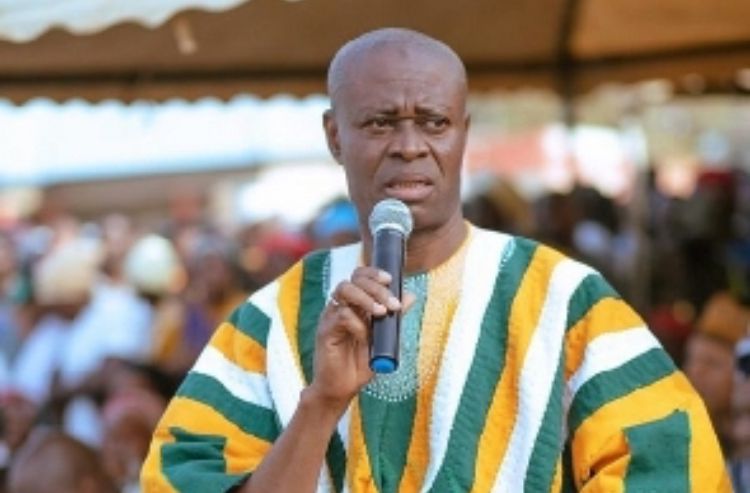The recent ministerial appointments made by President John Dramani Mahama have sparked a heated debate, particularly regarding the representation of women in key government positions. Seven women have been nominated out of the 42 ministerial appointments announced so far, prompting criticism from the opposition New Patriotic Party (NPP), who argue that this falls short of the President’s pre-election promise to allocate nearly 30% of appointments to women. The NPP, particularly Minority Leader Alexander Afenyo-Markin, has highlighted the apparent disparity between the number of women elected to Parliament from the ruling National Democratic Congress (NDC) and the limited number who have received substantive ministerial appointments. This critique has ignited a sharp response from NDC members, who accuse the NPP of hypocrisy and unwarranted interference in the government’s appointment process.
Yusif Sulemana, the NDC Member of Parliament for Bole-Bamboi, has vehemently defended the President’s appointments, emphasizing the meticulous process undertaken by the NDC to ensure a balanced representation across gender, regional, and ethnic lines. He revealed the establishment of a dedicated committee tasked with evaluating and selecting ministerial nominees, taking into account these crucial factors. Sulemana dismissed the NPP’s criticism as an attempt to dictate the government’s actions, asserting that the NDC is fully committed to fulfilling its mandate and serving the best interests of the Ghanaian people. He underscored the significance of the NDC’s parliamentary majority, interpreting it as a clear endorsement from the electorate and a divine mandate to govern effectively.
Sulemana’s defense highlights the NDC’s commitment to a holistic approach to ministerial appointments, considering not only gender representation but also regional and ethnic balance. The establishment of a specialized committee underscores the party’s efforts to ensure a fair and representative selection process. This contrasts with the NPP’s focus solely on gender representation, which the NDC perceives as a selective and politically motivated critique. The clashing perspectives reveal a deeper political tension, with the ruling party emphasizing its broader approach to governance while the opposition focuses on specific aspects they deem insufficient.
The debate surrounding ministerial appointments reflects the ongoing power dynamics between the ruling NDC and the opposition NPP. The NPP’s criticism can be interpreted as a strategic move to challenge the NDC’s authority and highlight perceived shortcomings in their governance. The NDC, in turn, perceives this criticism as an attempt to undermine their mandate and dictate their actions. This dynamic underscores the importance of public perception in the political arena, where both parties strive to present themselves as champions of various interests and criticize the other’s perceived failures.
The controversy also underscores the complexities of balancing competing interests in political appointments. While gender representation is a crucial aspect of inclusive governance, it is often just one piece of a larger puzzle that includes regional, ethnic, and other forms of representation. The NDC argues that their approach considers all these factors to ensure a truly representative government. The NPP’s focus solely on gender representation, however, suggests a different set of priorities and raises questions about the broader implications of emphasizing one aspect of representation over others.
Ultimately, the debate surrounding President Mahama’s ministerial appointments reveals the ongoing struggle for political dominance in Ghana and the challenges of achieving truly representative governance. The NDC’s emphasis on a holistic approach to appointments, considering gender, regional, and ethnic factors, reflects a broader understanding of representation. However, the NPP’s critique highlights the importance of continued scrutiny and advocacy for specific groups, ensuring that no aspect of representation is overlooked in the pursuit of a more inclusive and equitable government. The ongoing dialogue between the two parties serves as a reminder of the dynamic nature of political discourse and the constant need to refine and improve governance practices.














